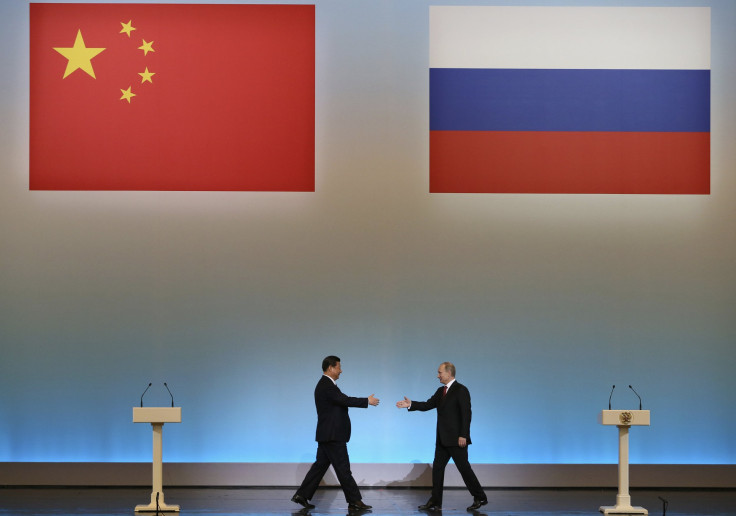Russia's Vladivostok Celebration Prompted An Online Backlash In China: Another Dispute From The Past
KEY POINTS
- China's defeat during the second opium war had led to the annexation of Vladivostok by Russian Tsarist Empire
- On Thursday, Russia celebrated the 1860 founding of Vladivostok
- The celebration, posted on Weibo by the Russian embassy, prompted an online backlash from China's diplomats, journalists, and internet users
The American Civil War was not the only war happening in the mid-19th century. China was facing defeat at the hands of Britain and France in the second opium war. Soon after the defeat, the modern-day territory of Primorsky Krai and its capital city, Vladivostok, were annexed by the Russian Tsarist Empire.
The territory was once part of the Qing Dynasty’s Manchurian homeland and just like in the United States, where some people still bristle over those who celebrate the loss of the “War of Northern Aggression”, China is grumbling about Thursday’s Russian celebration over the 1860 founding of Vladivostok.
The “bitter pill” that China was forced to swallow 160 years ago was its signing of three “unequal” treaties with Russia and the two other European countries. Aside from losing Vladivostok to Russia, China lost the Kowloon peninsula to Britain.
The posting of the celebration by the Russian embassy on Weibo, the Chinese social media platform, prompted an online backlash from China's diplomats, journalists, and internet users:
- Shen Shiwei, a journalist for state-owned broadcaster CGTN, tweeted the post “recalled people’s memories [of] those humiliated days in the 1860s”
- Zhang Heqing, a Chinese diplomat working in the embassy in Pakistan, commented, “isn’t this what in the past was our Haishenwai?”, referring to the Chinese name for the area before its annexation
- Meanwhile, one Weibo user posted: “Today we can only endure, but the Chinese people will remember, and one generation after another will continue to remember!” and another wrote, “We must believe that this ancestral land will return home in the future!”
The border disputes have largely been settled between the two large countries. In 1969, the countries were at the brink of war, but a final agreement was reached in 2008. Russia agreed to cede a series of islands in the Ussuri and Amur rivers to China as a result, but the status of Vladivostok never arose during the talks.
Scuffles between India and China add a factor to border security. Srikanth Kondapalli, a professor of Chinese studies at India’s Jawaharlal Nehru University in New Delhi, said, “Russia and China do not fight on the border because they have resolved their territorial dispute.” But, according to the professor, Russia is selling arms to India as it tries to maintain a “balance of power between India and China”.
China and India had a skirmish in June that resulted in over 50 deaths, but no gunfire was exchanged, and the two sides are currently working to ease the tensions.
Russia’s ties with China have continued to improve, but Kondapalli said Moscow’s concerns about their shared 4,209km (2,615-mile) border will shape its foreign policy strategy.
“The Russian defense ministry thinks China could pose a challenge to them in the long-term because they share a border,” Kondapalli added.
For right now the online backlash over the Russian celebration is likely not to escalate beyond social media.

© Copyright IBTimes 2024. All rights reserved.





















